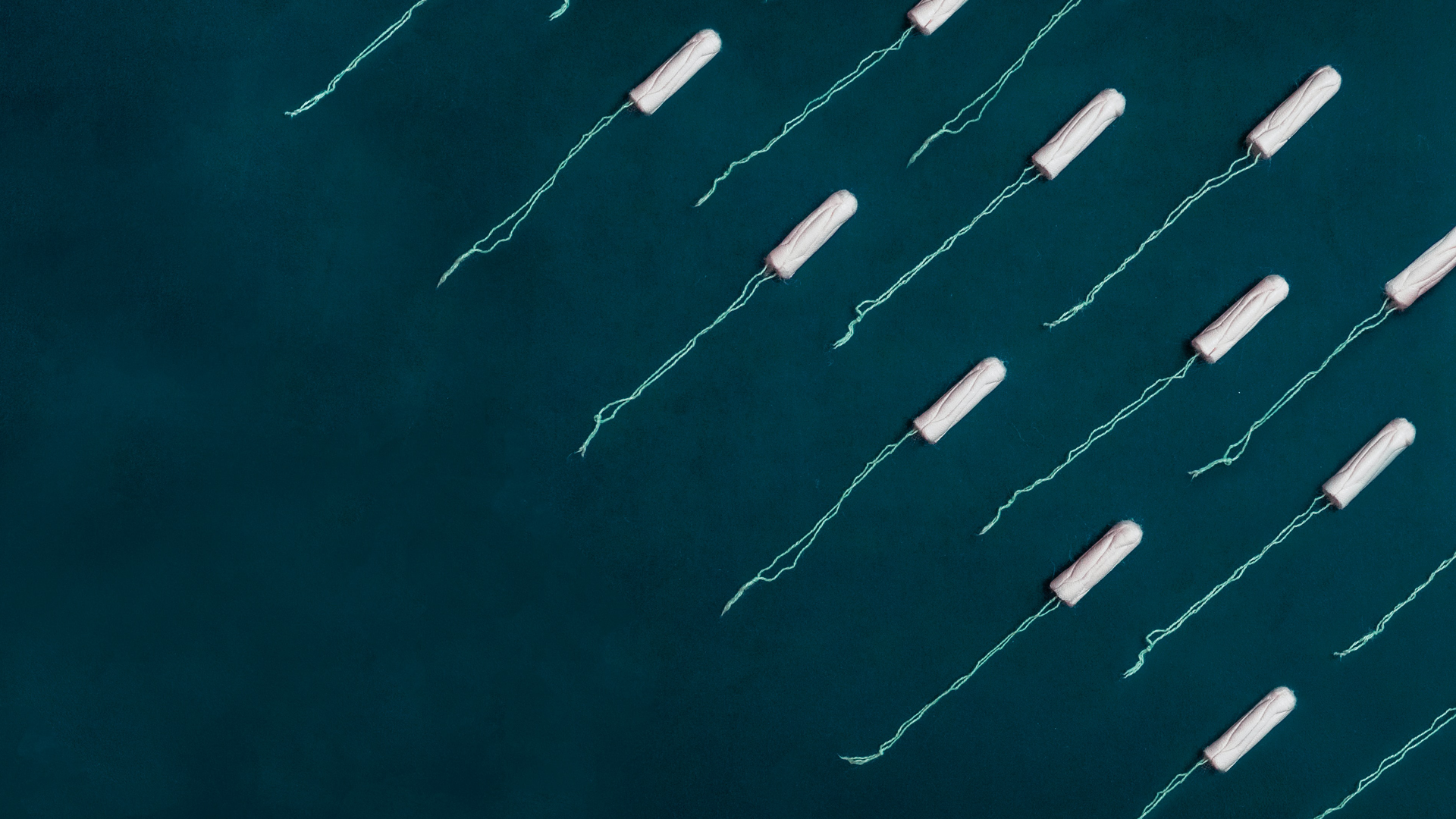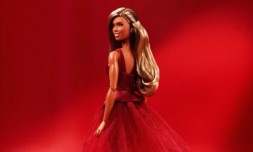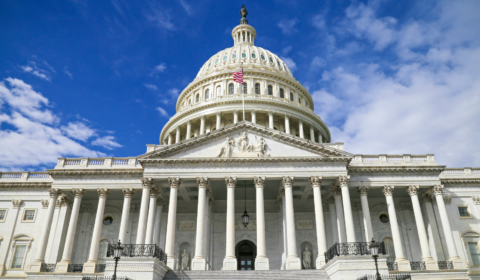A second report by Plan International UK has also revealed that 28% of UK people between the ages of 14 and 21 are struggling to afford period products, and 19% state that they have been unable to afford period products since the start of 2022.
One in 10 people surveyed by Plan International admitted to using food banks as a means of obtaining free sanitary products, and 80% claimed they had used loo roll as a substitute for sanitary towels. Others said they had used socks, fabric scraps, and newspapers when unable to afford period products.
Researchers at Plan International shared their disappointments at discovering the extent of UK period poverty.
‘It is devastating that so many girls and young people in the UK are unable to afford the period product they need, and that shockingly high numbers of them are forced to rely on toilet paper as a substitute’ said Plan International’s CEO, Rose Caldwell.
‘Of even more concern, half of girls who struggle to afford period products report cutting back on food to be able to buy them, almost doubling compared to last year.’
Caldwell added that ‘we must commit to ensuring everyone who needs [period products] gets easy and free access […] and feels able to talk about the issues they face without fear of shame or stigma’, stating that the cost-of-living crisis will only exacerbate period poverty in the UK.
Those of us who’ve never had to think twice about buying sanitary products may find period poverty an abstract and perplexing concept.
For many of us, starting your period signals the start of uncomfortable stomach pain and an inconvenient trip to the shops. But the thought of being unable to pick up a box of tampons when needed is probably unfathomable to a lot of us.
As Anna Kuhlmann – associate professor of behavioural science and health education at Saint Louis University – has highlighted, period poverty isn’t just about access to products.
‘We immediately think of products — pads, tampons, liners — but it’s also not having a place to go to the restroom in privacy, not having access to water to wash yourself or your underwear and [not having a place] where you can dispose of those products in a hygienic way. It’s broader when we’re thinking about all of the resources people might lack.’
The vast majority of period products are actually quite expensive. A standard box of tampons ranges from £3-5. And that doesn’t even account for the volume of period products needed per cycle.
‘If one tampon is used every six hours and four tampons are used every day, you’re looking at 20 tampons for every five-day menstrual cycle totalling 9,120 tampons in your life’, states Pandia Health.
For someone facing other forms of poverty like food insecurity, sanitary products can mean the difference between buying food and other basic needs.
Organisations like WaterAid and Plan International UK are working to end period poverty in Britain. These findings only emphasise the need for legislative action. A lack of discussion and education around periods has created a culture of ignorance to the realities of period poverty, and prevented those suffering from accessing available support.
Financial insecurity shouldn’t be an addition to that list. If you or anyone you know is facing period poverty, don’t suffer in silence. You can visit Bloody Good Period, Freedom4Girls, and Hey Girls, who provide free period products to those who need them.




















